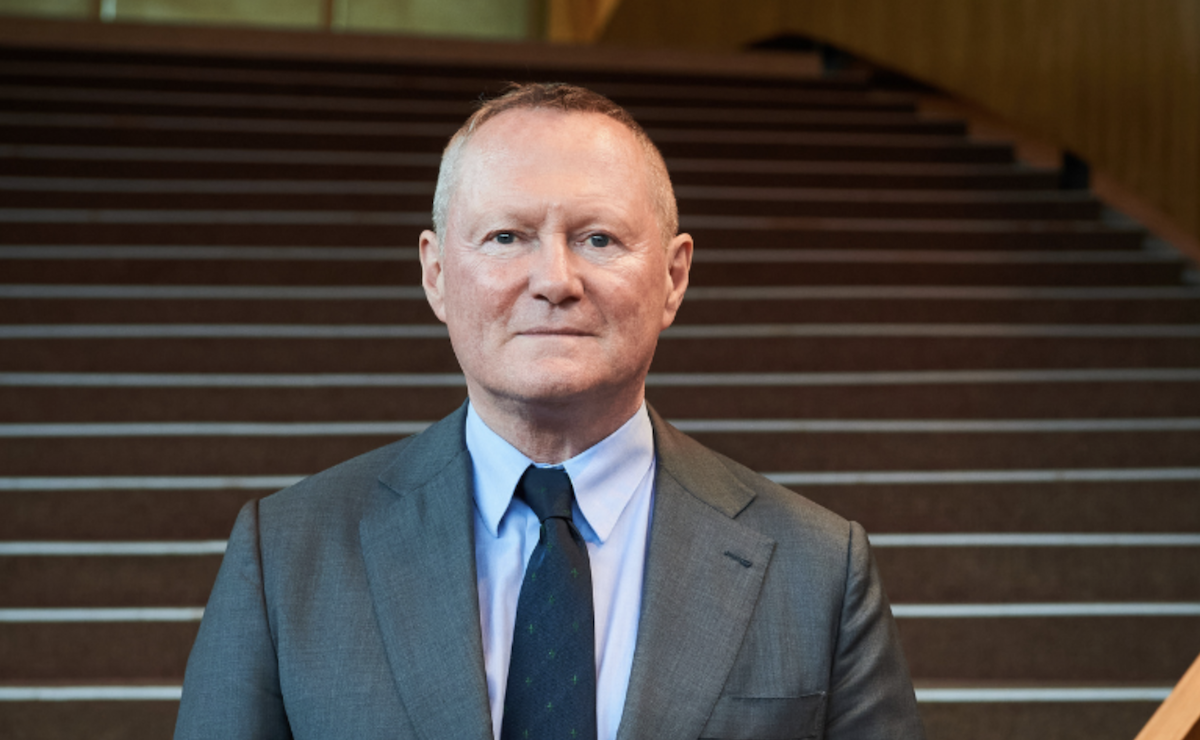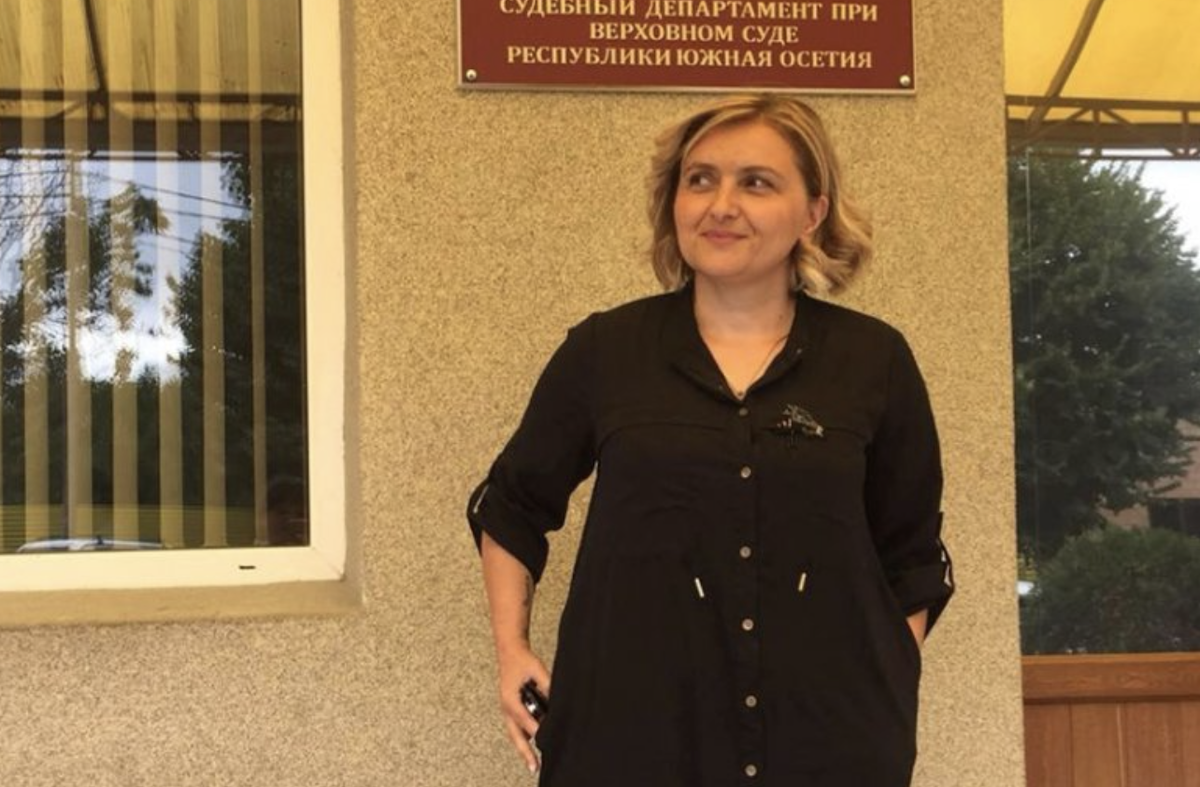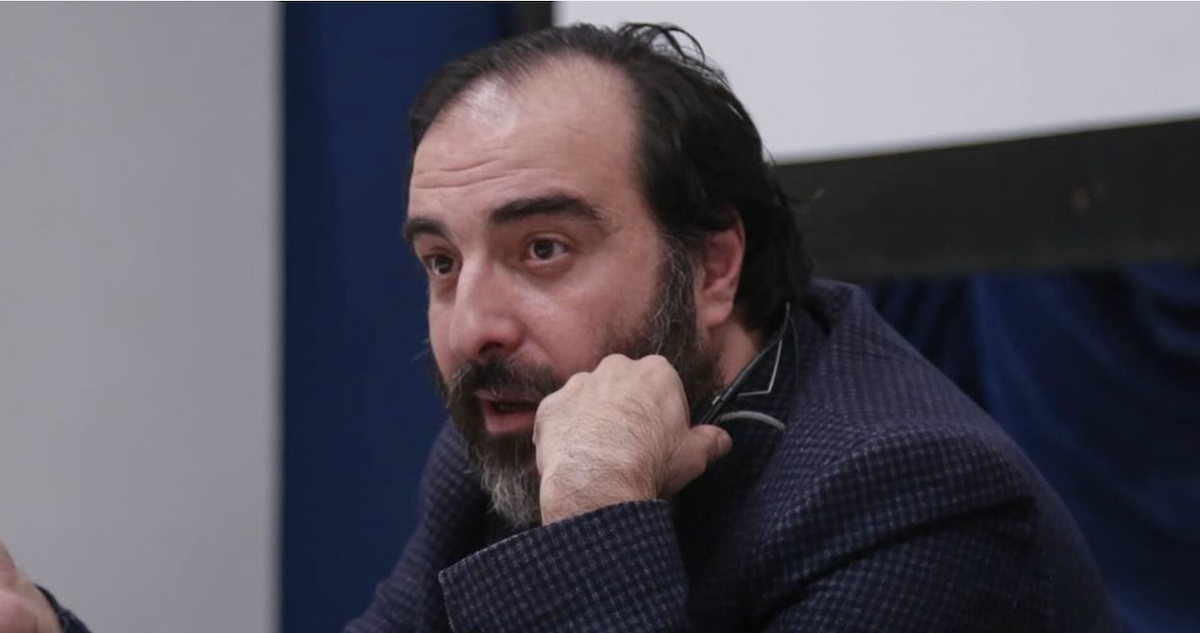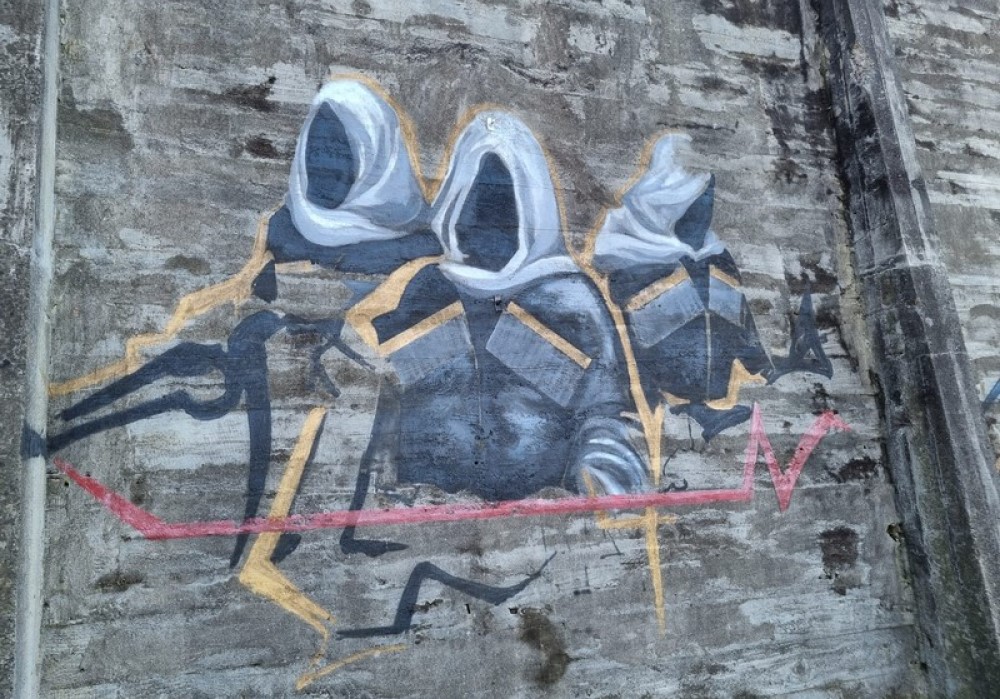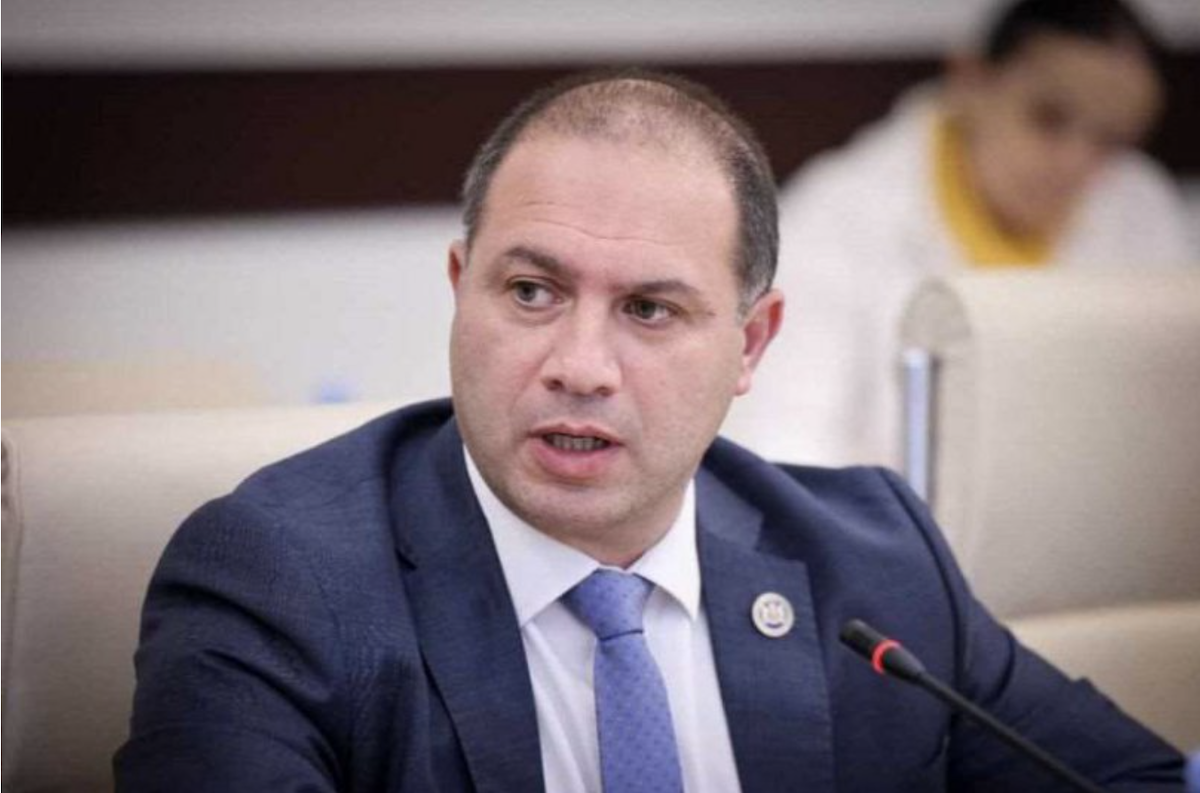Confrontation for the sake of confrontation
Sarsang water reservoir, which is under control of Nagorno-Karabakh, but is so desperately needed to the adjacent Azerbaijani villages, has first leaked out into the news headlines after the Parliamentary Assembly of the Council of Europe (PACE) adopted the Resolution with a remarkable title “Inhabitants of frontier regions of Azerbaijan are deliberately deprived of water.
Sarsang water reservoir was built on the Terter river, in soviet times, in 1976. In those times it provided irrigation water to 6 regions of Azerbaijan (Terter, Barda, Agdam, Goranboy, Yevlakh and Aghjabedi). After the war, as Azerbaijan claims, those regions have been left without water and they are still facing agricultural land irrigation problems.
Alexander Iskandaryan, Armenian political analyst and Director of the Caucasus Institute, comments on the situation.
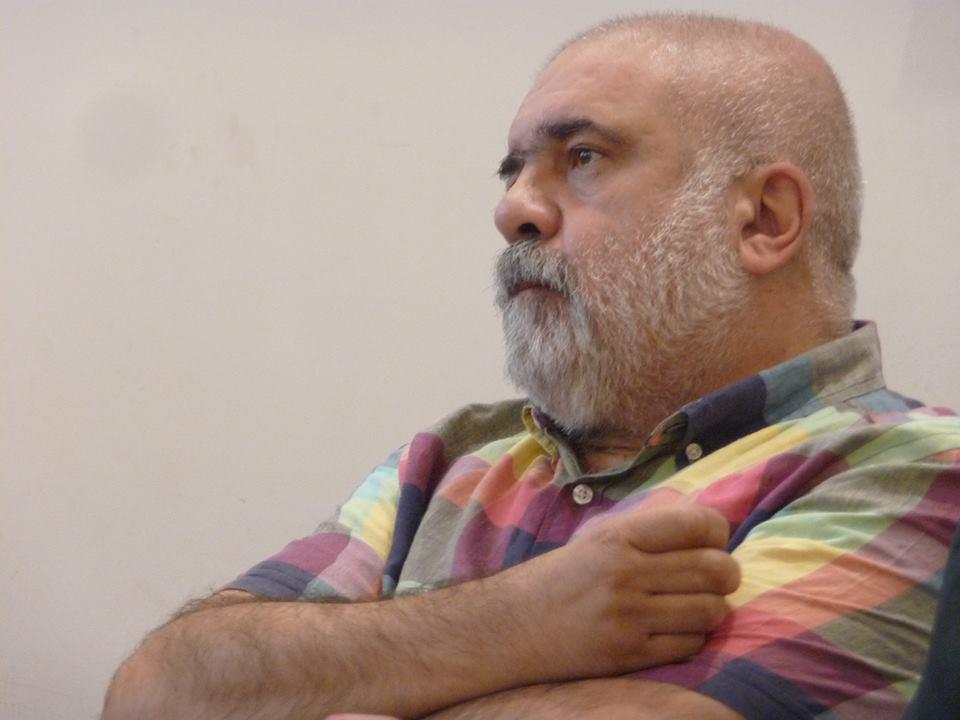
This Resolution is of recommendatory nature and is not legally binding, since PACE is not engaged in settlement of Nagorno-Karabakh conflict. The settlement process is within the OSCE Minsk Group’s area of responsibility.
International structures differ from each other as to the kind of their activity. For example, the European Union is an economic-political structure; OSCE is engaged in security issues, the Council of Europe deals with humanitarian issues.
For that very reason the PACE approved the Sarsang Water Reservoir Resolution and rejected the Resolution on Escalation of Violence in Nagorno-Karabakh and Other Occupied Territories of Azerbaijan, drafted by British parliamentarian, Robert Walter, and submitted simultaneously. Only the first resolution covers the humanitarian issues, i.e. the sphere that PACE deals with.
Adoption of this Resolution is not likely to change anything in Nagorno-Karabakh conflict. There are great number of problems similar to the Sarsang Water Reservoir. For example, in due time, Azerbaijan supplied Armenian SSR and Nagorno-Karabakh with gas and electric power, but it is unserious to bring this claim to PACE now.
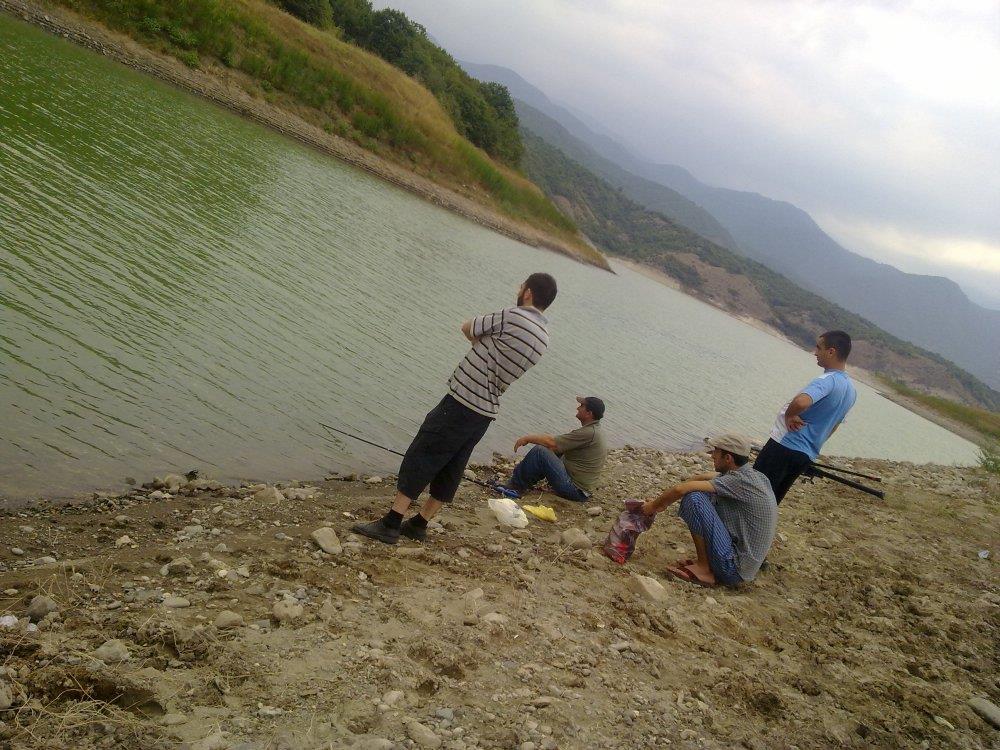
Photo by Marut Vanyan
This Resolution is the result of a non-military war, waged by Azerbaijan. This is a propaganda warfare.
Azerbaijan does not seek to make a real compromise in the conflict settlement, but rather tries to continue confrontation on other platforms. I am not inclined to talk about Azerbaijan’s “caviar diplomacy, as I have no evidences of that, but they have won over some PACE members, who are rather far from the region, to vote this way.
Armenia pursues a fundamentally different policy, distinct from the Azerbaijani one. And the reason for that is quite obvious: it has won the war.
Armenia does not need further confrontation. Why should Armenia need confrontation? To get a grip on the territories? It has no such intention.
Armenia is not using any of the platforms to prove its right to Karabakh – it has not even recognized Karabakh as part of Armenia; neither has it recognized its independence. There is no Karabakh embassy in Armenia, just a representation.
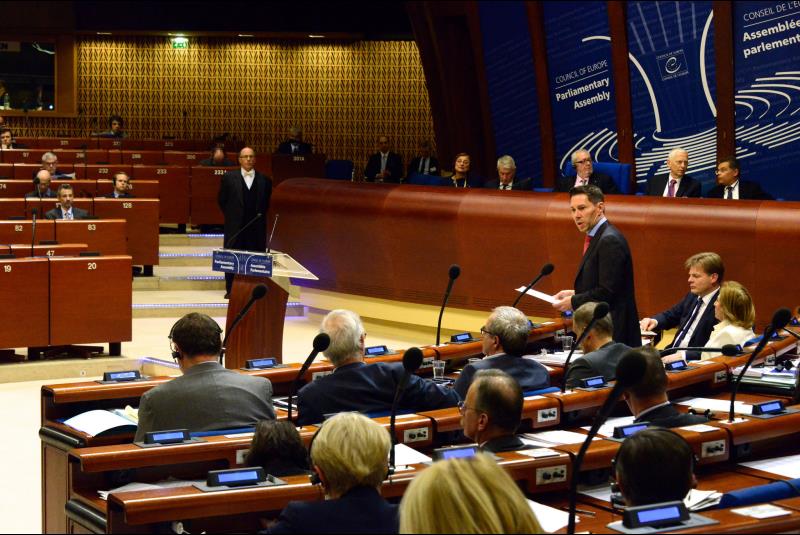
Photo from the website of PACE
Azerbaijan’s revanchist sentiments are quite natural and understandable – Azerbaijani society is disappointed.
What proves that the Resolution was the result of a propaganda warfare is the fact that the parliamentarians, who voted for the Resolution, were ‘selective’, i.e. from different factions and representing different countries. Whereas, a counter-statement of the OSCE Minsk Group, in which it called on PACE members to avoid steps that might damage their mandate and complicate the ongoing negotiation process – that was really a unanimous decision of the whole organization. The Minsk Group reminded that it was the only format for talks and conflict resolution.
Anyway, it is obvious that this Resolution has nothing to do either with the conflict or the water itself.
As far as the water issue is concerned, Azerbaijani side may try to settle this issue with Nagorno-Karabakh only after shooting is stopped and it becomes possible to discussed certain issues. However, all that sounds too surrealistic.
In fact, in propaganda warfare, actions are taken not for the settlement of problems, but rather for maintaining confrontation. Submission and adoption of this Resolution is not a struggle between Azerbaijan and Armenia, but rather a fight between the attempts to confront and maintain talks on conflict resolution.
At the same time, Azerbaijan today and Azerbaijan half a year ago are two different countries both, from the economic and political point of view. Azerbaijan has catastrophically less money – so less that embassies are closed, military budget and stabilization fund are sharply reduced. If Azerbaijan’s gold reserve totaled US$18 billion a year ago, now it is less than US$5billion.
Therefore, Azerbaijan’s struggle on different platforms will not yield serious results in future.
• After cessation of hostilities, Nagorno-Karabakh has continuously suggested sharing Sarsang water reservoir resources for irrigation. This idea was supported by the OSCE Minsk Group U.S. Co-chair, James Warlick.
• At its plenary session on January 26, 2016, the Parliamentary Assembly of the Council of Europe (PACE) considered two documents, concerning Karabakh conflict. The parliamentarians adopted one of the resolutions, proposed by the Azerbaijani side, but did not support another one. PACE approved with 98 votes “aye the Resolution on Sarsang Water Reservoir – “Inhabitants of frontier regions of Azerbaijan are deliberately deprived of water, which had been prepared by Bosnian MP, Milica Marković. 71 parliamentarians voted “nay and 40 abstained from voting.












